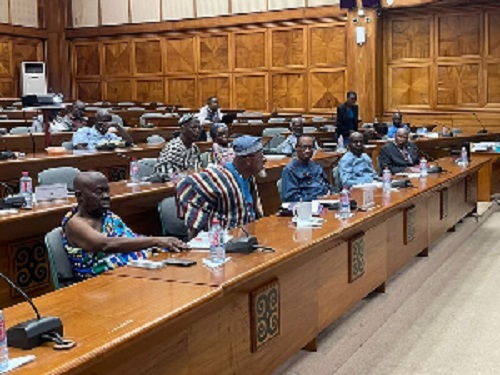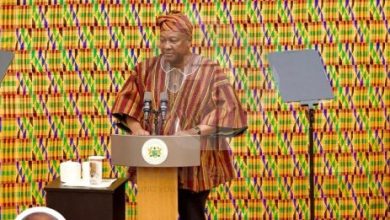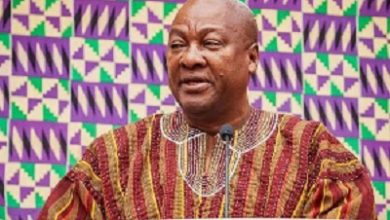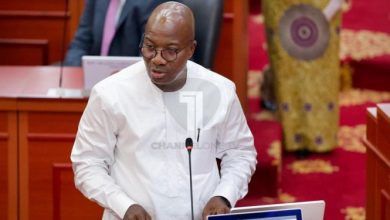The Council of State: Its mandate, composition and remunerations

Members of the previous Council of State at a sitting
The election of regional representatives of the next Council of State of Ghana, which was held on Tuesday, February 11, 2025, across the 16 regions of Ghana, was marred by pockets of violence.
The violence at the Ashanti Regional Coordinating Council, where the Council of State election for the representative for the Ashanti Region was held, was so intense that the process had to be cancelled, and the election re-run on Monday, February 17, 2025.
These intense fights for places on the Council of State leave one wondering what the council is about.
This article looks at what the Council of State is, its functions, and why elections were held to choose its members.
The Mandate of the Council of State:
Article 89(1) of the 1992 Constitution of Ghana makes provisions for the creation of a Council of State.
The article, which is found in Chapter 9 of the Constitution, states that “There shall be a Council of State to counsel the President in the performance of his functions.”
Other functions of the Council of State listed in the Constitution are:
1. Consider and advise the President or any other authority in respect of any appointment which is required by the Constitution or any other law to be made in accordance with the advice of, or in consultation with, the Council of State.
2. Upon request or on its own initiative, the Council of State is to consider and make recommendations on any matter being considered or dealt with by the President, a Minister of State, Parliament, or any other authority established by the Constitution.”
Membership of the Council:
Not all of the members of the Council are elected.
The second provision of Article 89 touches on the composition of the Council of State. According to Article 89(2), the President of the Republic is mandated to appoint some specific people to the Council.
These appointments, which are supposed to be made in consultation with the Parliament of Ghana, include persons who have held some top positions in government.
Below are the exact words of the provision:
(a) The following persons appointed by the President in consultation with Parliament:
(i) One person who has previously held the office of Chief Justice.
(ii) One person who has previously held the office of Chief of Defence Staff of the Armed Forces of Ghana.
iii) One person who has previously held the office of Inspector-General of Police.
Aside from these three persons, the President is also required to appoint 11 people to the Council of State.
Additionally, the President of the National House of Chiefs is also mandated to be on the Council of State.
The Constitution also makes provision for the election of regional representatives to the Council of State.
Article 89(2c) states that the council should have “one representative from each region of Ghana elected, in accordance with regulations made by the Electoral Commission under Article 51 of this Constitution, by an electoral college comprising two representatives from each of the districts in the region nominated by the District Assemblies in the region; and (d) eleven other members appointed by the President.”
Salaries of Council of State members:
Even though monetary incentives might not be the reason for the fierce race to get into the council, the remuneration of its members are very attractive.
Members of the council are entitled to compensation given to Article 71 office holders, including ex-gratia. It can be recalled that the Paramount Chief and the Agbogbomefia of Asogli, Togbe Afede XIV, who was a member of the council, rejected over GH₵365,000 as an ex-gratia benefit.
The Constitution states that “The Chairman and members of the Council of State shall be entitled to such allowances and privileges as may be determined in accordance with Article 71 of this Constitution.”
“The allowances and privileges of the Chairman and other members of the Council of State shall be charged on the Consolidated Fund and shall not be varied to their disadvantage while they hold office.”
Tenure of Council of State members:
Even though Council of State members can remain in office for the four-year tenure of the president if they do not resign or die, they can be removed by the president.
Article 89(7) states that “the appointment of a member of the Council of State may be terminated by the President on grounds of stated misbehaviour or of inability to perform his functions arising from infirmity of body or mind, and with the prior approval of Parliament.”




